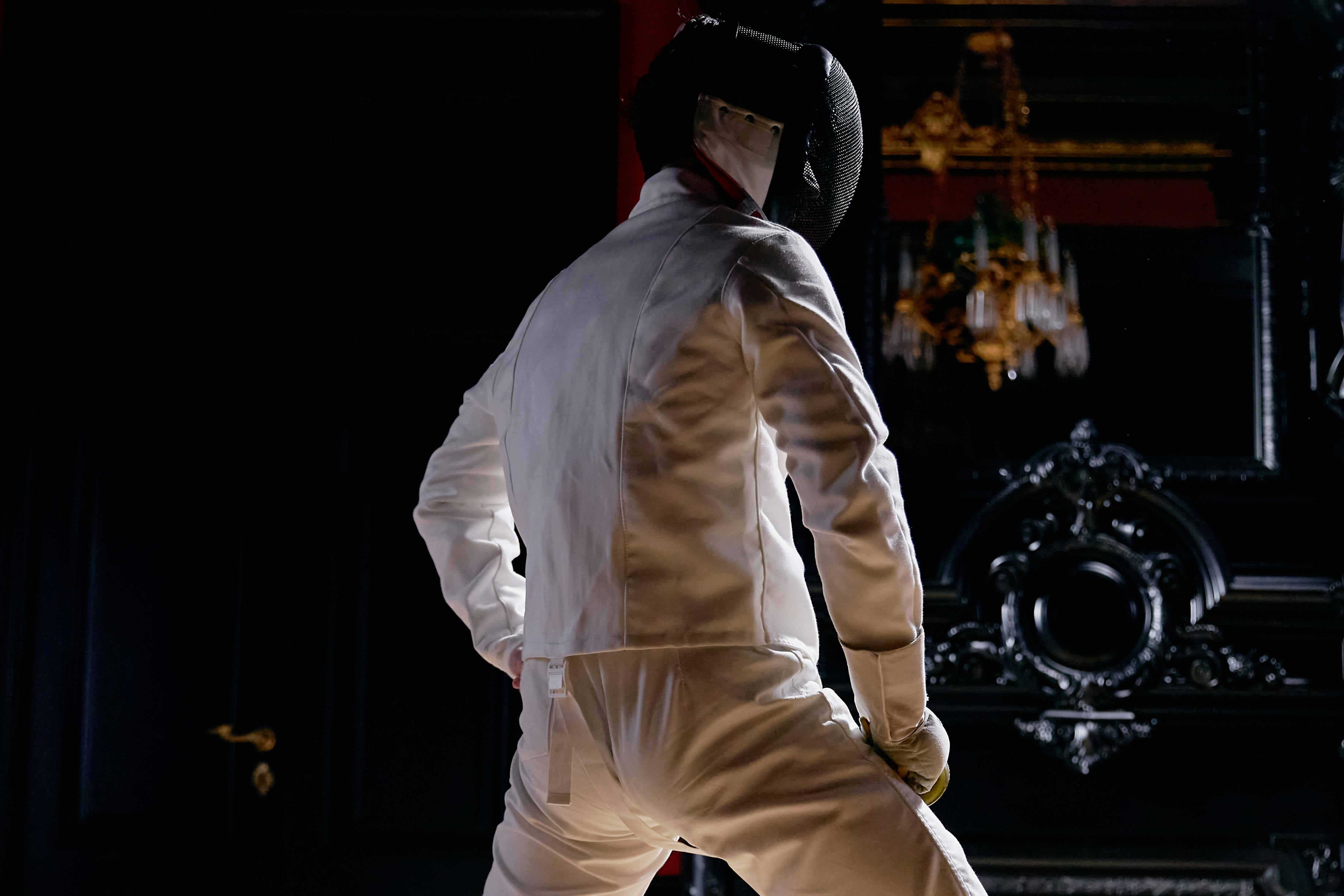The book that is the subject of this review is that of John Taylor Gatto. Dumbing Us Down: The Hidden Curriculum of Compulsory Schooling. It is a collection of various essays and speeches written by the author, who is an advocate for the reform of the American educational system.
Gatto’s basic premise is that our schools do exactly what they were designed to do, and they do it brilliantly. However, sadly, schools are not designed to educate anyone; Rather, they are designed to produce mass-produced citizens, much like an assembly line can produce automobiles that are nearly identical in their finished products. This process does not require the education of the students, it simply requires their incarceration in the school system for hours a day, along with the continuation of school in the form of homework and television. In fact, Gatto also includes modern television programming as a contribution to false education masquerading as “schooling.”
Instead of receiving a real education, students in schools follow a different kind of lesson plan. Some of the lessons they learn include confusion, class position, indifference, emotional dependence, intellectual dependence, tentative self-esteem, and the fact that students cannot hide. This education results in graduates who have never been given the time to develop an individual personality, cannot self-reflect, and whose self-esteem and self-confidence are entirely based on external factors, such as grades, gold stars, or a positive. performance review by a superior. School bells constantly ringing to signal a period change also teach students that nothing in life is worth finishing, so nothing is worth starting. It is simply better to accept one’s place, even though no one can understand why they have been given the place, or what they are supposed to do with it if no one tells them what to do.
The author also argues that the modern school system creates psychological problems for students, who end up with a life full of dependency and aimless. The products of the school, according to Gatto, are indifferent to the adult world and refuse to grow up, they have very little curiosity, a bad sense of the future, a bad sense of the past, a losing streak directed at other students, teachers, and others, uncomfortable with any situation that requires intimacy, materialistic and unable to face new challenges. Of course, these problems make students the perfect product needed in an economy based on mass production and cheap labor.
In terms of solutions, Gatto recommends homeschooling with a focus on family and community involvement. Schools, social clubs and professional organizations, being mere networks, cannot replace the community and family life of a child. No matter how many networks a person has, they will not meet their emotional needs. Gatto gives the example of asking the reader how quickly they began to forget the names of their classmates, teammates, or club members, and comparing it to the number of aunts and uncles the reader has forgotten. This is designed to reinforce the idea that family and community ties are more important to an individual’s individuality than the loose ties associated with most networks.
Gatto’s conclusion is that there is no right way to educate people as a whole. They need to educate themselves, find their own interests, and develop their own internal processes. Mass schooling will only result in more mass people, who are controlled by the media and work in an economy that requires mass obedience to menial jobs. Dumbing Us Down: The Hidden Curriculum of Compulsory Schooling details the problems and solutions to the pervasive psychological problems of numerous members of society, and blames directly the idea that mass-produced students, who have weak family and community ties and always compete for a “good grade” from a student. Higher, lonely, desperate and unhappy, lacking the experience of educating themselves and indifferent to almost everything except their current environment, they are the perfect end product of schooling. As Gatto emphasizes, “education and schooling are, as we have all experienced, mutually exclusive terms.”


